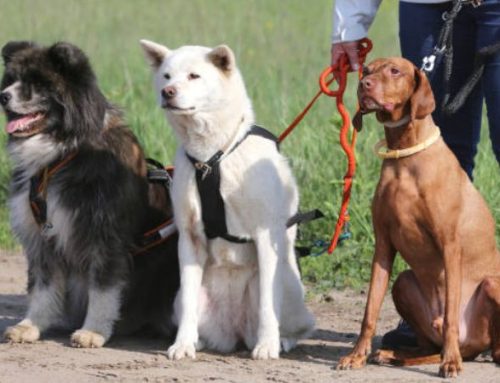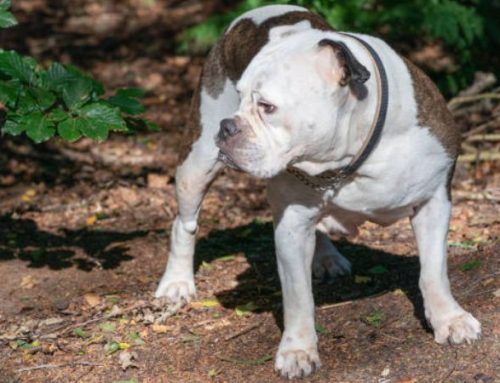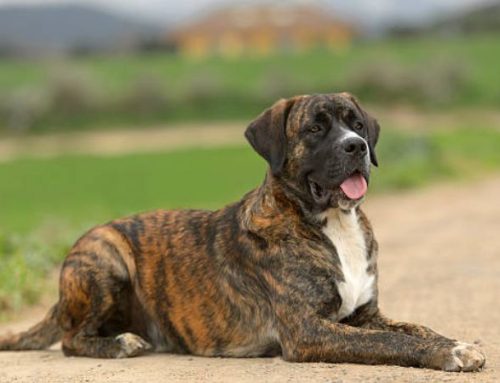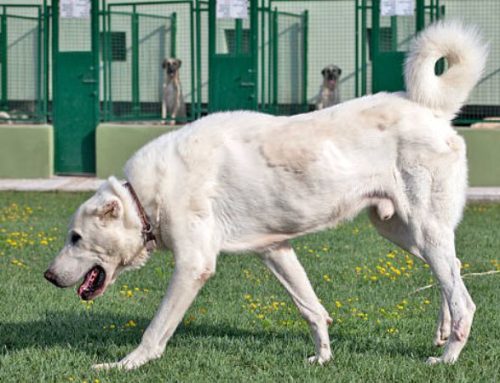With their sleek black coats and crisp white accents, tuxedo cats look like they’ve just stepped out of a black-tie affair. But don’t be fooled—these classy felines aren’t a breed at all. “Tuxedo” simply describes their striking coat pattern, a naturally occurring mix of black and white that makes them appear permanently dressed for the occasion.
From their mysterious origins to their surprising price tags, let’s take a closer look at what makes tuxedo cats such unforgettable companions.
What is a Tuxedo Cat?
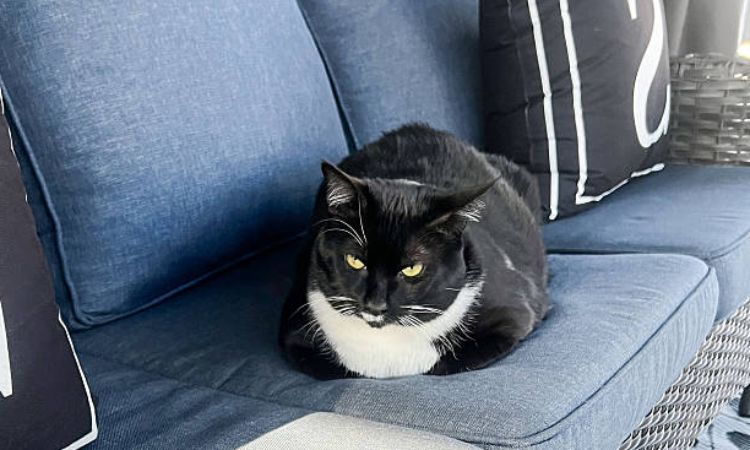
Not a Breed, but a Distinctive Pattern
A tuxedo cat is not defined by breed but by its instantly recognizable black-and-white coat. The term “tuxedo” refers to a bicolor pattern where the majority of the fur is black, contrasted by crisp white patches. These white markings often appear on the chest, belly, paws, and face, giving the impression of a neatly pressed suit. Because the tuxedo look is based on color pattern rather than pedigree, it can be found across many different breeds as well as in mixed-breed cats.
Why They’re Called “Tuxedo Cats”
The name comes from their resemblance to humans dressed in formal evening attire. A classic tuxedo cat has a glossy black body with a bright white chest that looks like a dress shirt, paired with white “gloves” on the paws. Some cats even sport white markings under the chin or around the nose that resemble bow ties or masks, further enhancing the illusion of elegant clothing. This charming appearance is what makes tuxedo cats stand out as some of the most stylish-looking felines.
The Science Behind Their Striking Look
The tuxedo pattern is the result of the white spotting gene, which controls how pigment-producing cells called melanocytes spread during a kitten’s development in the womb. In tuxedo cats, these cells fail to cover the entire body, leaving symmetrical patches of white fur against a black background. Unlike tabby stripes or calico patterns, which are strongly tied to specific genetic combinations, the tuxedo look is largely random. This is why no two tuxedo cats ever look exactly alike—even if they come from the same litter.
Breeds That Commonly Display the Pattern
Since the tuxedo coat is not breed-specific, it can appear in a wide variety of cats, both pedigreed and domestic shorthairs. Some of the better-known breeds where tuxedo markings are frequently seen include:
- American Shorthair – Known for their sturdy build and adaptable nature, American Shorthairs often feature bold tuxedo markings.
- Maine Coon – One of the largest domestic cat breeds, the Maine Coon’s long, shaggy fur can make tuxedo patterns appear especially dramatic.
- British Shorthair – With their plush, dense coats and rounded features, British Shorthairs can carry tuxedo coloring in both traditional and more unusual variations.
- Turkish Angora – This elegant breed, often associated with silky coats and striking eyes, occasionally presents in a refined tuxedo pattern.
- Manx – Known for their tailless or short-tailed appearance, Manx cats sometimes wear tuxedo markings that accentuate their unique look.
Beyond these examples, tuxedo coats can appear in dozens of other breeds, from Persians to Munchkins, as well as in countless mixed-breed cats found in shelters around the world.
Tuxedo Cat Personality and Traits
Tuxedo cats may look formal, but their personalities are far from stiff. Since “tuxedo” describes a coat pattern rather than a breed, their traits depend on lineage and upbringing. Still, many share some common qualities.
Tuxedos are often playful, curious, and quick to engage with their surroundings. They can be affectionate companions, enjoying human interaction while still valuing independence. Owners frequently describe them as clever and entertaining, though there’s no evidence that coat color makes them smarter or more affectionate than other cats.
Breed plays a big role in shaping temperament:
- American Shorthair tuxedos are typically calm, gentle, and loving.
- Maine Coon tuxedos are social, friendly, and enjoy human company.
- Turkish Angora tuxedos are lively, intelligent, and highly interactive.
Overall, tuxedo cats are adaptable, charming, and full of character—making them delightful pets for many types of households.
How Much Does a Tuxedo Cat Cost?
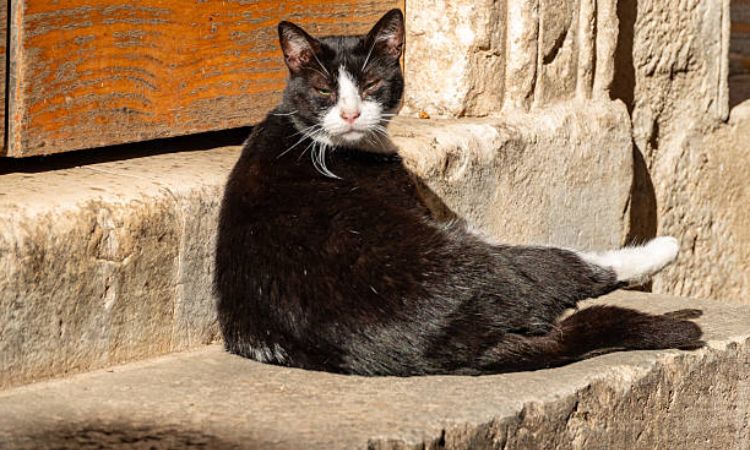
One-Time Costs: Purchasing a Tuxedo Cat
The price of a Tuxedo cat varies widely based on breed and quality:
- Shelter adoption: $100–$250. Adoption fees often include vaccinations, spaying or neutering, and microchipping. Availability of Tuxedo kittens in shelters is limited, so you may need to adopt an older cat.
- Reputable breeders: $1,000–$3,000. Costs depend on whether the cat is pet-quality or show-quality, its breed, and lineage. Maine Coon Tuxedos, for example, may cost $1,500–$3,000, while Norwegian Forest or American Shorthair Tuxedos are usually less expensive.
- Free or gifted kittens: Occasionally available through friends or neighbors, though rare.
Even kittens from the same litter can vary in price depending on coat markings, color distribution, and overall health.
Initial Setup and Supplies
Bringing a Tuxedo cat home requires essential items to ensure comfort and proper care. Typical setup costs include:
| Item / Service | Price Range |
| Cat collar | $5–$30 |
| Spaying/neutering | $270–$540 |
| Initial vet exam & vaccinations | $200–$540 |
| Microchipping | $80–$110 |
| Teeth cleaning | $400–$650 |
| Bedding | $25–$50 |
| Grooming tools | $10–$60 |
| Litter box | $15–$750 |
| Food & treats | $25–$125 |
| Toys | $15–$80 |
| Cat carrier | $20–$145 |
| Food & water bowls | $15–$145 |
Estimated initial setup cost: $700–$3,000+, depending on preferences and cat needs.
Monthly Expenses
Once your Tuxedo is settled in, ongoing costs are more predictable. Here’s a breakdown:
- Food: $45–$75 per month, depending on brand and cat size.
- Health care & medications: $50–$300 per month. Routine checkups, flea/tick prevention, and unforeseen medical needs are included.
- Grooming: $0–$100 per visit, mainly for long-haired Tuxedos or professional grooming services.
- Pet insurance: $25–$37 per month. Provides coverage for illness or injury, reducing unexpected financial stress.
- Litter & maintenance: $38–$255 per month, including litter, odor control products, and scratching posts.
- Toys & enrichment: $15–$80 per month to maintain mental and physical stimulation for indoor cats.
Estimated monthly care cost: $193–$847, depending on breed, lifestyle, and brand preferences.
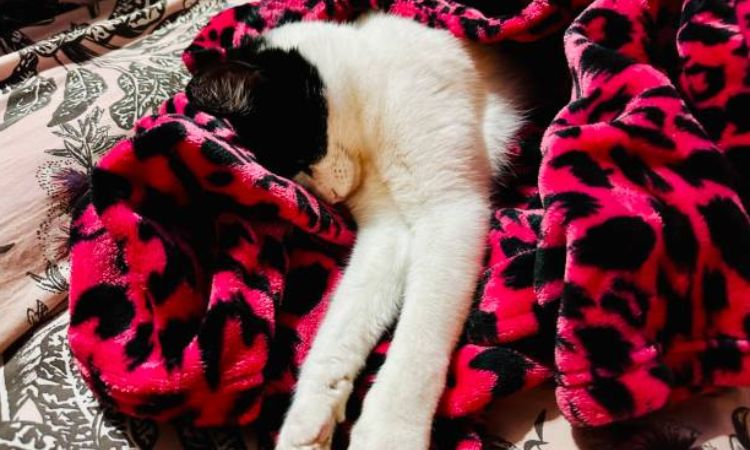
Additional Expenses
Occasional costs should also be considered:
- Boarding: ~$25 per night
- Pet sitter: $30–$50 per night
- Airline cargo travel: ~$200 one-way
Planning for these contingencies ensures your Tuxedo cat is cared for during travel or emergencies.
Where to Find a Tuxedo Cat
If you’re looking to adopt or purchase a Tuxedo cat, there are several avenues to explore. While this striking black-and-white coat pattern is relatively common, your options will depend on whether you want a mixed-breed cat or a specific purebred with tuxedo markings.
Animal Shelters and Rescue Organizations
Because the tuxedo pattern appears frequently in domestic cats, local animal shelters and rescue groups are excellent places to start. Shelters often have a variety of cats in need of loving homes, and adopting from one can be a rewarding option. While Tuxedo kittens may be less common than adults, you can sometimes find young cats with the pattern at no or low cost.
Online Adoption Platforms
Several websites make it easier to search for tuxedo cats available for adoption across the country:
- Petfinder – Allows filtering by color, age, and location.
- Chewy’s Adoptable Pets – Features cats from multiple shelters with detailed profiles.
These platforms are helpful if you don’t have local rescues or shelters nearby and want to explore a wider selection of cats.
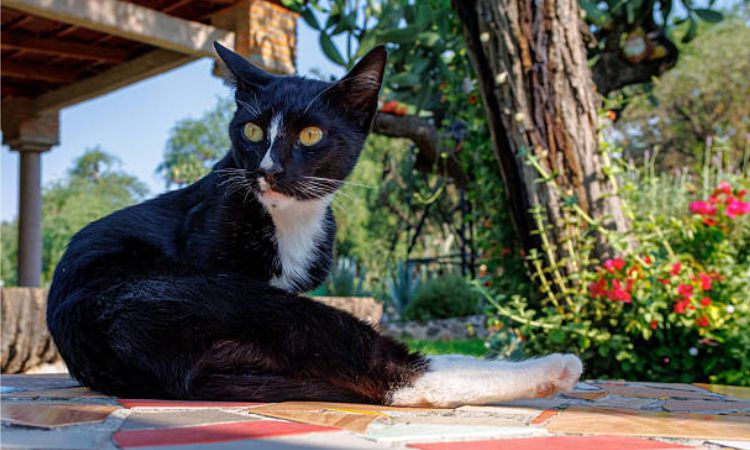
Breed-Specific Rescue Groups
If you are looking for a tuxedo pattern in a particular breed, such as Maine Coons, British Shorthairs, or Turkish Angoras, breed-specific rescue organizations are ideal. These groups focus on rescuing, rehabilitating, and rehoming cats of specific breeds and can provide more information about temperament, health history, and suitability for your home.
Reputable Cat Breeders
For those seeking purebred Tuxedo cats, it is essential to find a responsible breeder. A reputable breeder prioritizes the health, temperament, and genetic integrity of their cats. They can provide documentation on lineage, vaccinations, and other health guarantees. Keep in mind that the cost of a purebred tuxedo kitten from a breeder is significantly higher than adoption, often ranging from $1,000 to $3,000 depending on the breed and pedigree.
While Tuxedo cats aren’t a specific breed, their striking black-and-white coats and charming personalities make them a standout choice for any cat lover. Whether you choose to adopt from a shelter, connect with a breed-specific rescue, or purchase from a reputable breeder, knowing what to expect in terms of price, care, and availability will help you find the perfect dapper companion. With proper care and attention, a Tuxedo cat can bring years of affection, playfulness, and elegance into your home.


